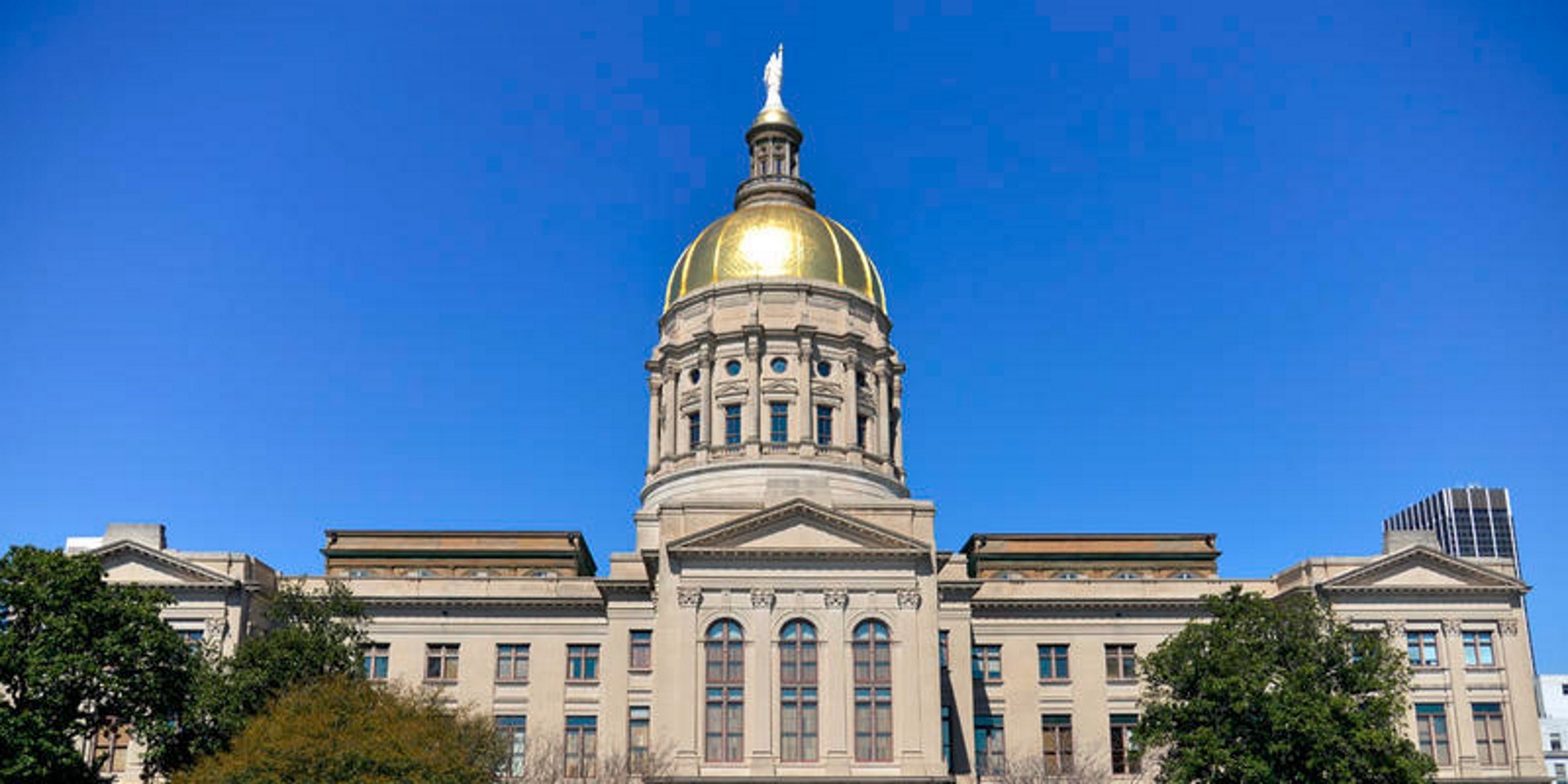Camden County Has To Redo Part Of Regulatory Process For Spaceport
Camden County must redo part of the environmental review process required by the Federal Aviation Administration (FAA), including a second public review period, eight years into its quest to open a commercial spaceport.
The county submitted its revised application in January with a new plan of launching only small rockets from the proposed site, not the medium to large rockets included in the original application. County leaders cited a more favorable industry market for those smaller vehicles.
It’s unclear what kind of delay the revision and subsequent additional environmental review will cause for the project. The FAA intends to release a new schedule, which will include another public comment period.
An FAA spokesman said Camden County will not begin the environment review process from scratch, but the revised draft environmental impact statement will be released for another public comment period. The agency will then review the comments and issue a final environmental impact statement.
That process during Camden’s original proposal took about a year and nine months.
Camden County Administrator Steve Howard said in a statement that the update brings the county “one step closer to retaining the title of the Gateway to Space and bringing high tech opportunities to rural Georgia. We will be continuing to work in parallel with the FAA, and we are looking forward to the next steps that have been outlined in the release. We hope for the project to move swiftly and smoothly in the upcoming months.”
The FAA’s decision makes sense, said Brian Gist, senior attorney with the Southern Environmental Law Center.
“We’re encouraged that [the FAA is] following the appropriate process here,” he said. “It would be very concerning if [the county] were to move forward with an EIS that was premised on a kind of vehicle they no longer intend to launch. The EIS should be examining what they propose to do. Not a previous proposal they’ve now abandoned.”
Camden County first began the licensing process with the FAA in 2015. It has spent at least $7.2 million on the project.
“The EIS has been the longest and most expensive part of this project, I am hopeful we are nearing an end to that process,” said Camden County Commissioner Gary Blount in a Monday press release, in advance of the FAA’s statement.
In that release, the county highlighted the five years the process has taken with the agency and pointed to a Trump administration executive order “challenging federal agencies to reduce environmental reviews and authorization decisions for new major infrastructure projects to two years.”
‘Outstanding Items’
The agency received over 15,500 comments about the original project, the vast majority of which were from the same three organizations.
Concerns included risk of fire to the private homes and national seashore on Cumberland Island and Little Cumberland Island, which lie beneath the proposed rocket trajectories. In December, the FAA told the county those issues had yet to be resolved.
Kevin Lang, vice president of the Little Cumberland Island Homes Association, said, to his knowledge, their ongoing concerns still haven’t been addressed, even with a shift to small rockets.
“Our community on Little Cumberland Island continues to be very concerned with the obvious risks the proposed spaceport presents to people living immediately downrange and to the natural environment,” he said.
“Rather than spending millions more dollars trying to convince the FAA that it is safe to launch rockets over the Cumberland Island National Seashore, it would seem prudent at this point for Camden County to simply abandon this ill-conceived project.”
The FAA also reminded Camden County in February that there was a need to “continue conversations” with the Department of Defense because the proposed spaceport site lies roughly 10 miles north of Naval Submarine Base Kings Bay. In December, the agency had informed the county that the U.S. Navy had “concerns” that the launch operations “might jeopardize foreign policy or national security interests of the United States.”
In the Monday press release, Camden County Commission Chairman Jimmy Starline said, “Camden County has had good conversations with the Pentagon and leadership at Kings Bay and we are confident that we can deconflict any remaining issues pertaining to the Department of Defense.”








